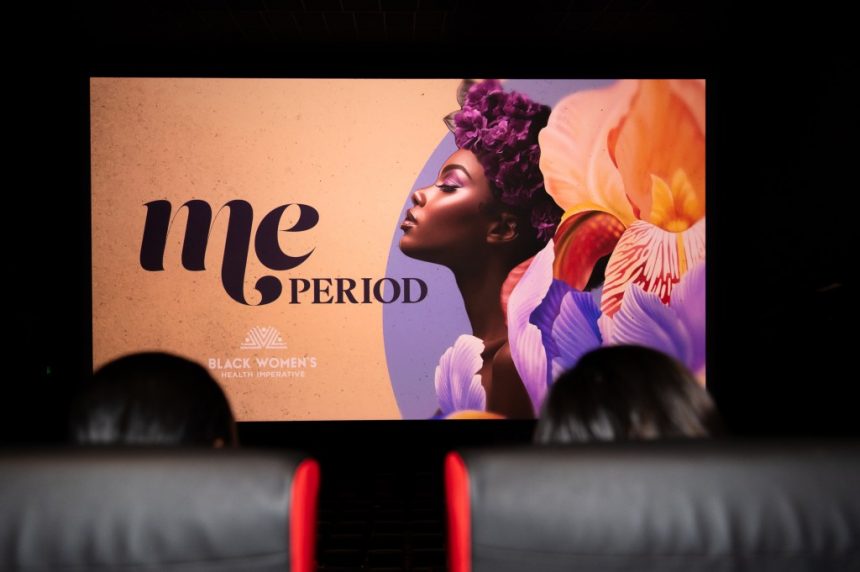Being present during the ‘90s and early 2000s “golden era” of hip-hop was a dream come true for Lisa Cunningham, a former music video director who had the opportunity to rub shoulders with Atlanta’s cultural elite, including TLC, Kriss Kross, Xscape, and Gucci Mane. While she cherishes her time in the hip-hop scene, Cunningham had a pivotal moment where she realized she wanted to leave a different legacy. This realization led her to pivot her directorial talents towards wellness after witnessing the health disparities facing the Black community during her mother’s doctor’s appointments.
This shift in focus led Cunningham to partner with the Black Women’s Health Imperative (BWHI), the first nonprofit organization dedicated to advocating for the health of Black women and girls. Through various campaigns with the BWHI, Cunningham found her past experiences colliding with her new passion for health advocacy. She worked on projects like a breast cancer awareness spot with Mary J. Blige in 2020 and a cervical cancer initiative with Ciara in 2021.
Cunningham and the BWHI are now addressing menstrual cycles and generational trauma in their latest documentary, Me Period. The film features open discussions between Black mother-daughter duos, including well-known figures like Sheryl Lee Ralph and Tabitha Brown, guided by “The Period Doctor,” Dr. Charis Chambers. The documentary tackles the impact of misinformation and disinformation on the Black community, highlighting the importance of family dynamics, education, language, and access in discussions about body politics.
Me Period has been a life-changing project for Cunningham, who describes it as a purposeful pivot in her career. The documentary aims to foster deep healing and awareness by bringing together diverse voices to talk about important health issues. The format of the film, with mother-daughter duos and a therapist on set, creates a safe space for open and vulnerable conversations.
Celebrities like Sheryl Lee Ralph and Tabitha Brown also participate in the documentary, representing a shift in generational perspectives on health and wellness. The inclusion of therapy elements in the film acknowledges the importance of mental health in overall well-being and highlights the interconnectedness of physical and mental health.
Overall, Me Period is a testament to Cunningham’s journey of remixing her life and using her talents for good in the health advocacy space. The film serves as a powerful tool for sparking conversations and promoting awareness about important health issues in the Black community.






